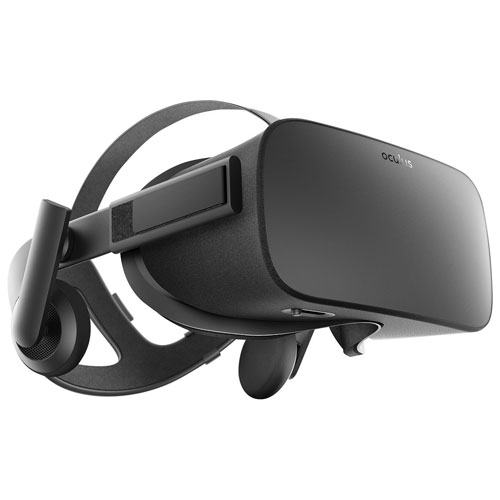
While playing video games in virtual reality seems like a fairly recent phenomenon, the truth is game companies have been experimenting with VR technology in various forms for several decades now. Gadgets like Sega’s SegaScope 3-D Glasses (1987), Nintendo’s Virtual Boy (1995), and Virtuality Group’s line of Arcade VR Units (90’s) helped pave the way for the virtual reality devices and games we see today.
VR gaming came back into the spotlight a few years ago when a company called Oculus VR developed a headset (Oculus Rift) with funding from a very successful Kickstarter campaign, and later a purchase by Facebook for a cool $2 billion. There are, of course, other successful VR headsets that have made headlines recently, such as HTC’s Vive, Samsung’s Gear VR, and Sony’s PlayStation VR, but for this article I’ll be focusing on Oculus Rift since it’s the one that essentially brought high-end VR gaming to the mass market.
By now you’ve probably heard quite a bit about Oculus Rift and the amazing potential it has for video games and other immersive VR experiences. I’ve had a chance to play quite a few Oculus Rift-compatible games, like DiRT Rally, EVE: Valkyrie, and Lucky’s Tale, and it’s absolutely mind-blowing how breathtaking the experiences have been. If you’ve been thinking about picking up an Oculus Rift and don’t know whether you should upgrade your existing PC, purchase a new PC, or even what specs you should focus on, then this article is for you.
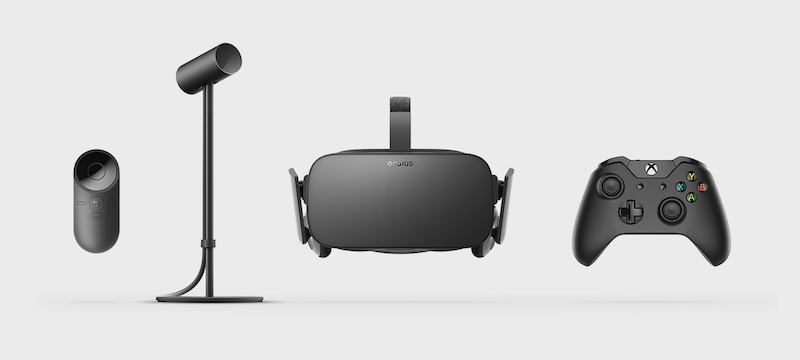
Virtual Reality requires a powerful PC
Before I get into the specifications recommended for virtual reality, it’s important to know that the tech is very demanding on PCs—significantly more than your typical game running at 1080p. Whereas a standard HD game runs at 1920×1080 resolution with a 60Hz refresh rate, the Rift, by comparison, runs at a higher resolution (2160×1200) with a higher refresh rate (90Hz), split over the headset’s dual displays. According to Oculus, this translates to approximately 3x the GPU power of standard 1080p rendering. That’s a lot of power.
Oculus Rift System Requirements
To decide whether or not to upgrade your existing computer or buy a new one, you’ll want to see how your components compare to the Rift’s recommended system requirements.
Here are the minimum specifications that Oculus recommends for Rift:
Graphics card: NVIDIA GTX 970 / AMD 290 equivalent or greater
Processor: Intel i5-4590 equivalent or greater
RAM: 8GB or more
Connections: 1x HDMI 1.3 video output, 3x USB 3.0 ports, plus 1x USB 2.0 port
Operating System: Windows 7 SP1 64-bit or newer
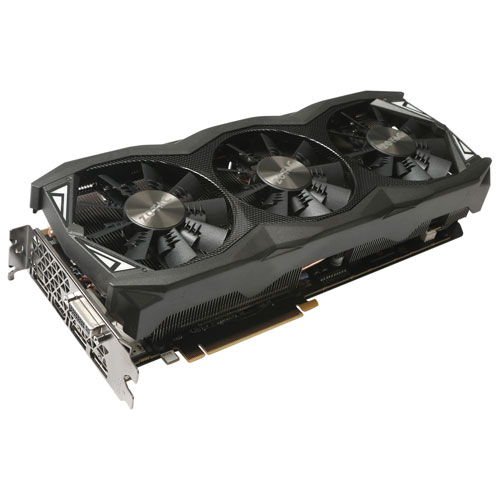 Your graphics card does a lot of the heavy lifting for VR, and in some cases a simple upgrade may be sufficient to achieve the recommended requirements for Rift. Just keep in mind that a more powerful graphics card usually needs a new power supply to meet its higher energy demand.
Your graphics card does a lot of the heavy lifting for VR, and in some cases a simple upgrade may be sufficient to achieve the recommended requirements for Rift. Just keep in mind that a more powerful graphics card usually needs a new power supply to meet its higher energy demand.
If your processor needs upgrading, that’s an option as well, but you’ll want to make sure first that the new processor is compatible with your existing motherboard. I also highly recommend adding an SSD (solid state drive) to your PC, as these faster drives will significantly reduce the amount of loading time for your games. Best Buy’s “Rift Ready PC Components” page has some great SSDs to consider.
PCs Ready for Virtual Reality
If you haven’t upgraded or replaced your PC in a few years, you may decide the best route is to get a new gaming computer that you can be confident will have the power needed to run the latest VR software. Best Buy offers a wide variety of computers with different configurations that are certified to work with the Rift VR headset:
At the entry level – Alienware Aurora
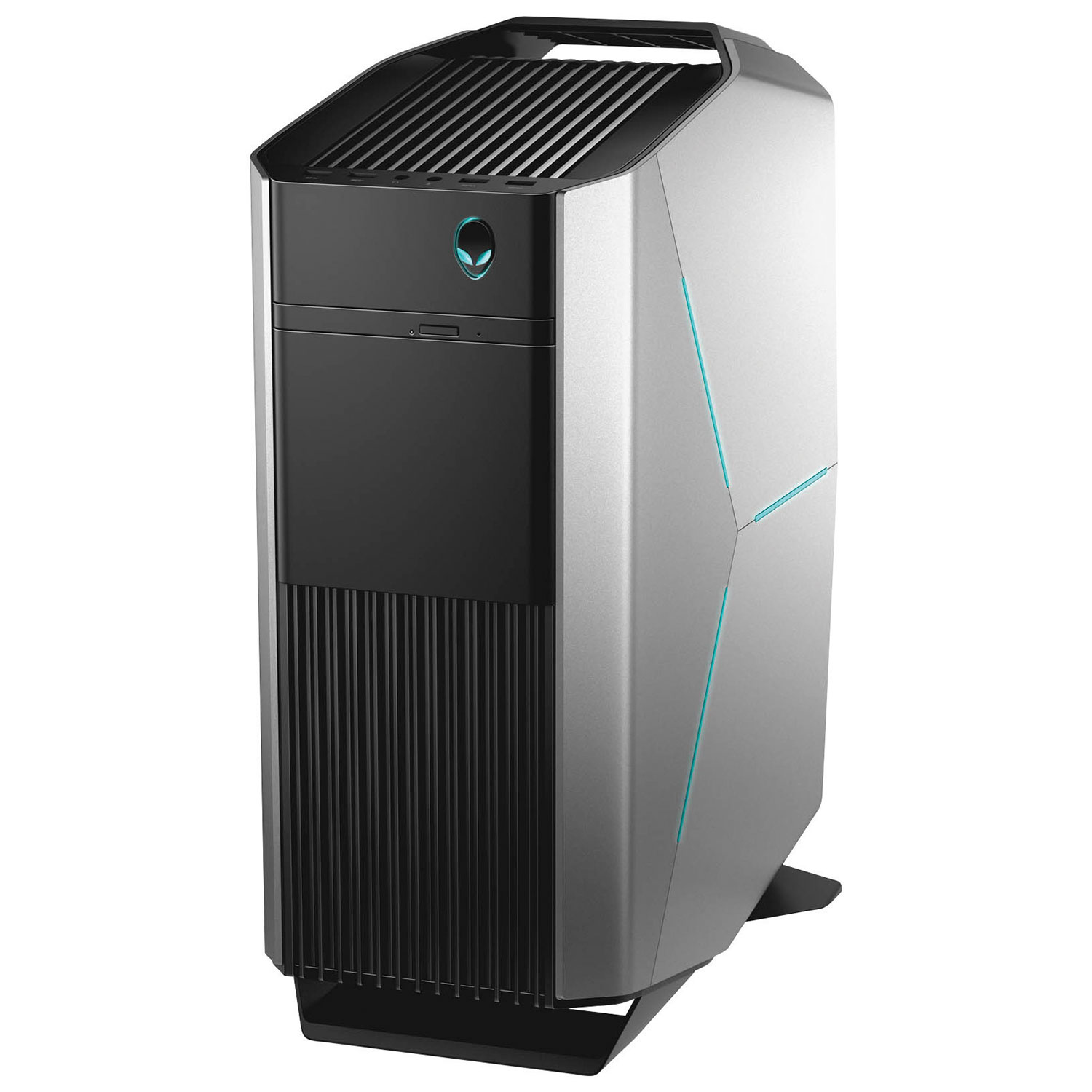
A good entry-level VR ready computer is the Alienware Aurora from Dell. This PC features a powerful 3.4GHz Intel Core i7 processor, 8GB DDR4 RAM, a NVIDIA GeForce GTX 970 graphics card, and a 1TB hard drive to save your games and files. You’ll notice that processor exceeds the recommended system requirements for Oculus, and the other components also satisfy the requirements, so you can be confident this computer will be able to run VR software reasonably well. Another aspect I like about this machine is its tool-less upgrade design that makes it easy to add memory, hard drives, and graphics cards should you want even more performance.
ASUS G11
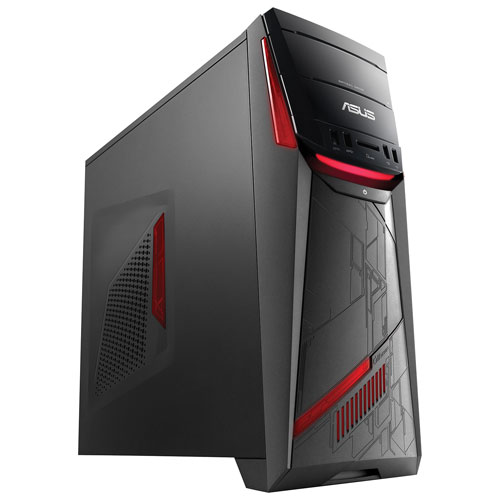
Another excellent option at the VR entry-level is ASUS G11. It features a 3.3GHz quad-core i5 processor, 12GB of DDR4 RAM, and an NVIDIA GeForce GTX 1070 graphics card. This PC also comes with a 128GB SATA SSD, so you’ll be able to get into the action with less loading time, and its 10 USB ports should be more than enough to accommodate your Rift and accessory needs.
At the high end – OMEN X
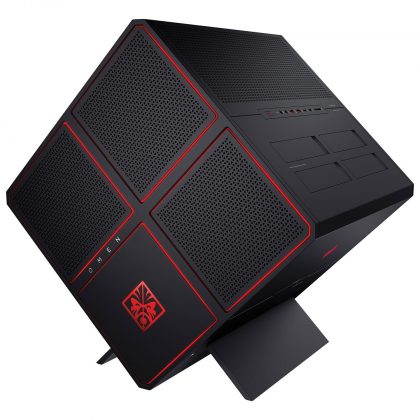
If you want high performance for your VR games, I recommend taking a look at OMEN X by HP. While the company has not traditionally been known as a high-end gaming PC maker, this machine packs tremendous power in its distinct Rubik’s cube-shaped case. The OMEN comes with a 4.0GHz Intel Core i7 processor, 16GB of RAM, NVIDIA GeForce GTX 1070 video card, 2TB hard drive, and a 256GB solid state drive. This well exceeds the minimum requirements for the Rift and will future-proof your computer for a while to come.
Unrivaled performance – ACER Predator AG1-710
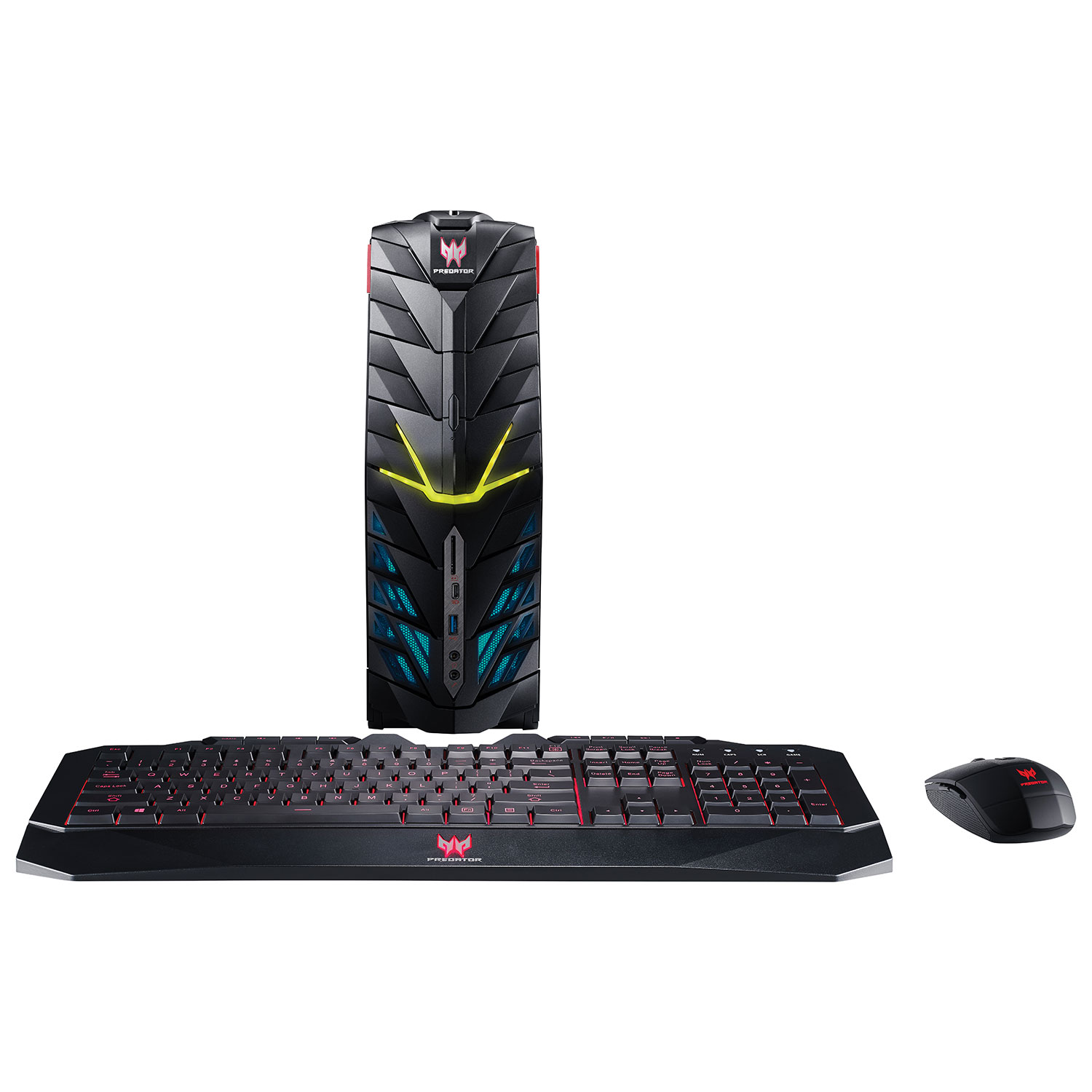
For maximum performance, the ACER Predator AG1-710 Gaming PC is a VR-ready powerhouse. It includes a 3.4GHz Intel Core i7-6700 processor, 32GB of RAM, GeForce GTX 1080 graphics card, 2TB hard drive, 512GB solid state drive, and an IceTunnel cooling system to keep the components running efficiently and cool. With this machine your VR games will run exceptionally well without any compromise.
As you can see, there are several options available if you’re considering upgrading to a VR-ready computer. While the system requirements for VR are quite high, the unique experiences you can get with Rift and other VR headsets will be worth the investment. Whether you’re looking to upgrade the components of your current computer, or buying a brand new machine, I am sure you will be impressed with incredible experiences that only VR can provide.



